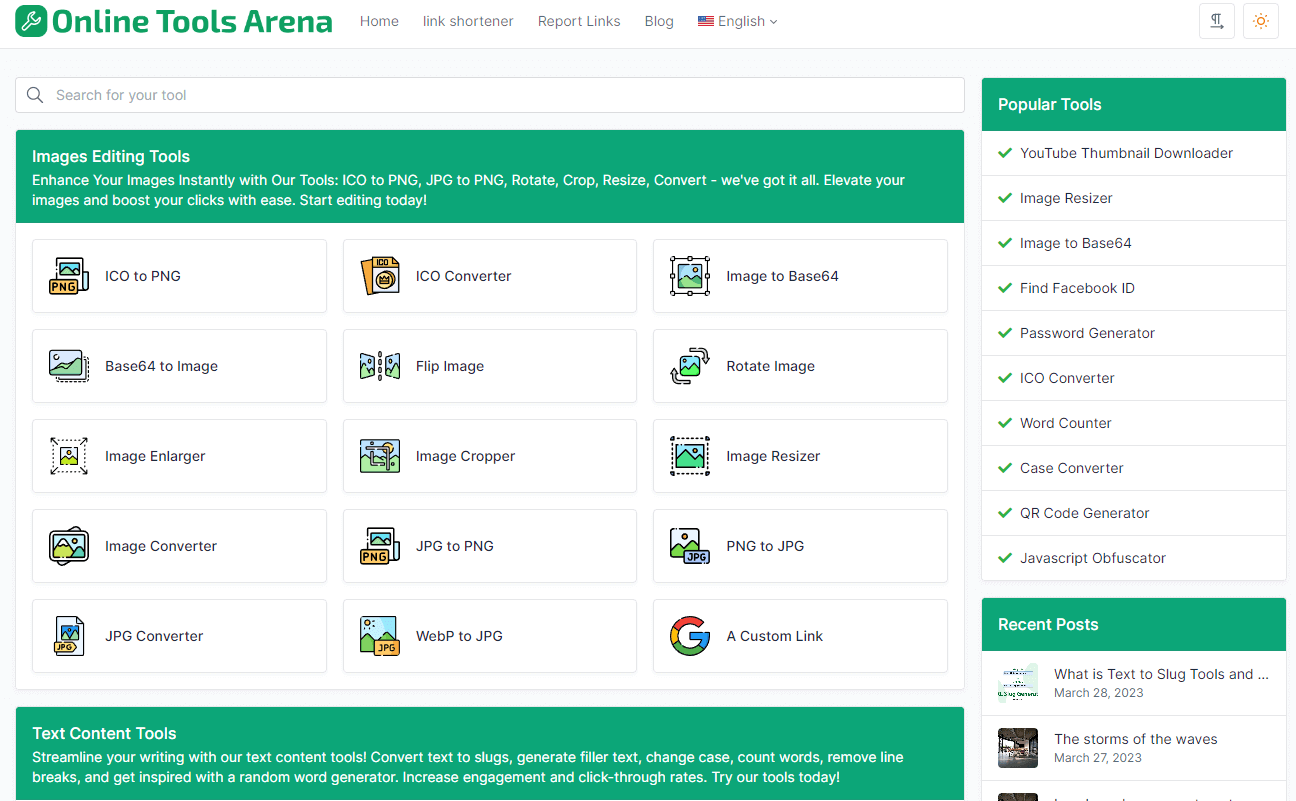
What Is My User Agent
What Is a User Agent?
A User Agent is a string of text automatically sent by your browser to websites you visit. It provides essential details about:
-
Browser Information:
- Name (e.g., Chrome, Firefox, Safari).
- Version number (to identify updates or outdated versions).
-
Operating System (OS):
- Type (Windows, macOS, Android, Linux, etc.).
- Version details.
-
Device Type:
- Whether the request is from a desktop, mobile, or tablet device.
Websites use this information to adjust their content and functionality for a seamless user experience. For instance:
- Displaying mobile-friendly pages for smartphone users.
- Ensuring compatibility with specific browser versions.
Why Use the "What Is My User Agent" Tool?
1. For Developers:
Web developers often rely on user agent information to:
- Test website compatibility across various browsers and devices.
- Debug browser-specific issues.
- Optimize content delivery for specific audiences.
2. For IT Professionals:
Understanding user agent strings can aid in:
- Identifying outdated browsers or operating systems.
- Resolving access issues tied to specific devices or browsers.
3. For General Users:
This tool empowers regular users by:
- Allowing them to identify the details their browser shares with websites.
- Helping troubleshoot issues with website functionality.
How to Use This Tool?
Using the "What Is My User Agent" tool is incredibly straightforward:
- Open your web browser.
- Visit the tool's page on Online Tools Arena.
- Instantly, your user agent string will be displayed at the top of the page.
No additional inputs or downloads are needed.
Understanding the User Agent String
A typical user agent string might look like this:
SCSS
- Mozilla/5.0: Browser compatibility layer.
- Windows NT 10.0: Operating system and version (Windows 10).
- Win64; x64: Architecture (64-bit system).
- AppleWebKit/537.36: Rendering engine (WebKit-based browsers).
- Chrome/114.0.0.0: Browser name and version.
- Safari/537.36: Browser compatibility information.
This information is invaluable for developers and IT professionals, helping them adapt services and troubleshoot issues.
Benefits of Knowing Your User Agent
- Improved Website Experience: Enables websites to offer the best interface for your device and browser.
- Enhanced Troubleshooting: Identifies compatibility issues between your browser and certain websites.
- Security Awareness: Helps you understand the information shared by your browser with every website you visit.
FAQs
What is a user agent?
A user agent is a string of text that your browser sends to websites you visit. It includes detailed information about:
- Your browser type and version.
- Your operating system (OS) and its version.
- Your device type (desktop, mobile, or tablet). Websites use this data to provide optimized and compatible content.
Why is the user agent important?
The user agent is vital for:
- Ensuring websites load correctly on your specific browser and device.
- Allowing developers to tailor experiences for different platforms (e.g., mobile vs. desktop).
- Debugging website issues related to browser or OS compatibility.
How do websites use user agent information?
Websites analyze the user agent string to:
- Provide device-specific layouts (e.g., mobile-friendly designs for smartphones).
- Serve compatible media and scripts based on your browser.
- Offer tailored user experien











